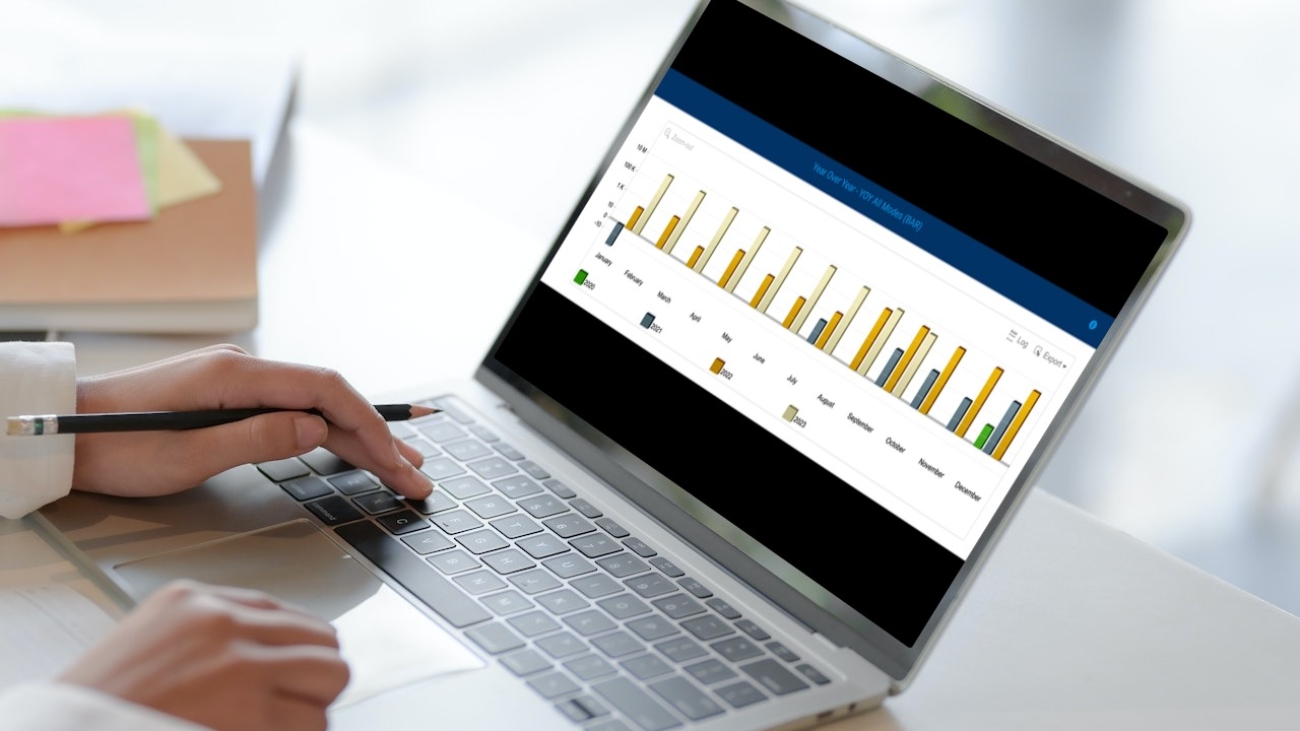Are surcharges having a direct impact on your shipping costs? Is your company’s bottom line affected by additional fees? Then, it’s time to negotiate shipping surcharges as a part of the carrier contract negotiations. This blog will focus on the different kinds of shipping surcharges and their need to be a part of the carrier contract negotiations. Further, we will discuss the importance of third-party auditors in understanding shipping characteristics.
Surcharges
Surcharges are the additional fees applied by shipping carriers to each package. They appear on the shipping invoices along with the base shipping fee. Parcel carriers announce shipping rates and surcharges increase annually. If a business ships several packages, these surcharges will affect its profits. Moreover, as e-commerce is booming, businesses need to understand the surcharges in detail.
Surcharges are of different categories and depend on a company’s shipping characteristics. For example, a Ground package may cost 10 dollars, but an additional handling charge will cost 80 dollars extra. Shippers can opt for some services as extra charges. But, some surcharges are imposed by the shipping carriers, like fuel surcharges, due to volatile market fluctuations.
Shipping surcharges are many and may confuse many shippers. However, with the help of shipping analytics, common shipping surcharges can be predicted accurately. Shippers can use the predicting tools to manage shipments and reduce costs.
Here are some common surcharges imposed by parcel carriers
- Demand surcharges
Demand or Peak surcharges will apply to packages shipped during the peak season. In addition, the service levels, shipping zones, and package weights are a part of the shipping invoice. Shippers can negotiate for these surcharges so they do not pay extra during the peak holiday season.
- Additional handling surcharge
Shipping carriers such as UPS, FedEx, and USPS have additional handling charges as a part of the surcharges. They force the shipping surcharge on shippers depending on the parcel weight, dimensions, and packaging. While FedEx imposes shipping rates based on shipping zones, UPS does it based on the parcel weights. High-volume shippers can avoid this surcharge by negotiating in advance with fee reductions.
- Address correction surcharge
This fee is applied when parcel carriers have to update the customer address for package delivery. Further, extra efforts and resources are required to amend the address and re-route the package. Shippers can avoid this surcharge by using different parcel carriers like USPS. Or, they can bargain for a surcharge discount during carrier contract negotiations.
- Fuel surcharges
This surcharge is a variable fee that changes weekly depending on the market fuel prices. Fuel surcharges vary from carrier to carrier. Companies can negotiate for a fixed or variable fuel surcharge. In addition, shippers can choose the shipping carriers that offer discounts on fuel surcharges.
- Residential surcharges
This fee is for Package delivery to a home or private residence. Shipping carriers charge additional fees as there are few package deliveries to residential areas. If there are several residential deliveries for some businesses, they can negotiate for a surcharge discount.
- Delivery Area Surcharge
This surcharge is applied to packages when the package delivery is for remote locations or distant ZIP codes. Shippers have to evaluate their strategies for the delivery of packages. Negotiating with parcel carriers on discounts for this surcharge is possible with the relevant shipping data in real time.
- Saturday or Sunday Delivery surcharge
Weekend deliveries are costly for shippers and are passed onto the customer frequently as part of the shipping costs. It may lead to customer dissatisfaction and loss of business. Shippers can opt for USPS, which does not charge for weekend shipments, and gain benefits.
The above are a few of the common surcharges. Different shipping carriers have several names for shipping surcharges. So, to understand the shipping surcharges, businesses have to ask for discounts at the negotiating table. Shippers keep their shipping data handy when asking for a surcharge discount from the parcel carriers. For reliable assistance in negotiating shipping surcharges, opt for services from Audintel.
Carrier contract negotiations made easy with Audintel.
It’s common knowledge that surcharges increase annually for all parcel carriers like FedEx and UPS. Some parcel carriers allow discounts for some shipping zones and services. But do businesses know which parcel carriers provide the best surcharge discount for their shipping characteristics? Experts like Audintel guide shippers to negotiate for the best surcharge discounts with shipping carriers. We get statistics for clients like shipping zones, Dimensional weights, and more to help them in carrier contract negotiations. Audintel keeps track of the surcharges of the parcel carriers and aids shippers in negotiating for a lower rate.
To sum it up
Shipping surcharges are part of additional fees imposed on some shipments by parcel carriers. Businesses shipping packages require to pay additional fees to shipping carriers. However, with data-driven information, shippers can negotiate surcharge discounts at the negotiating table. Audintel empowers its clients with innovative solutions to reduce shipping surcharges and boost profits. To know more about shipping surcharges and ways to minimize shipping costs, contact us at +1 (619) 354 8539 or visit our Audintel website.




